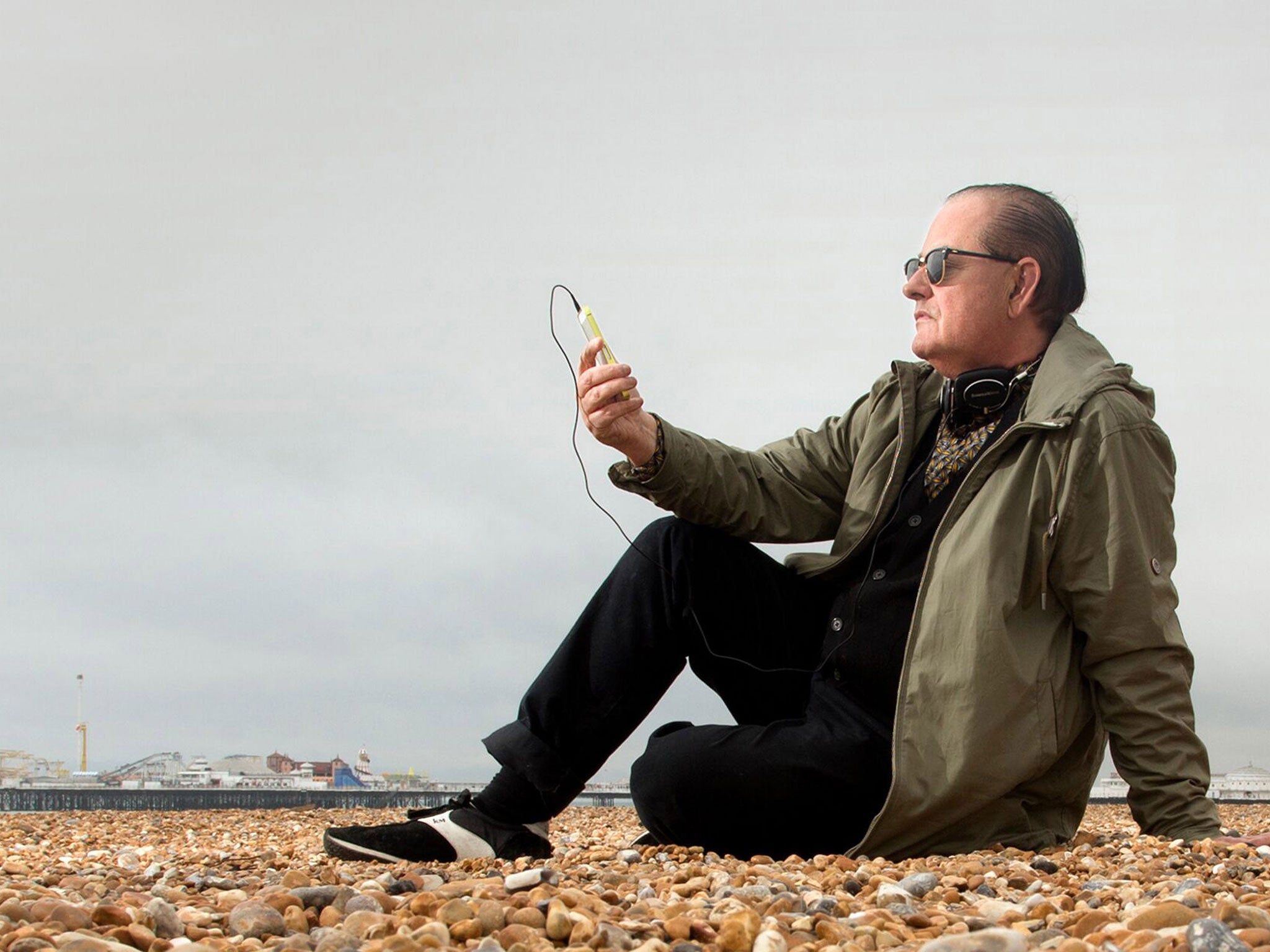Sounds of Our Shores: National Trust asks public to record 'sound map' of UK's coastlines
The initiative wants people to record their favourite seaside noises and upload them to the project’s website

Your support helps us to tell the story
From reproductive rights to climate change to Big Tech, The Independent is on the ground when the story is developing. Whether it's investigating the financials of Elon Musk's pro-Trump PAC or producing our latest documentary, 'The A Word', which shines a light on the American women fighting for reproductive rights, we know how important it is to parse out the facts from the messaging.
At such a critical moment in US history, we need reporters on the ground. Your donation allows us to keep sending journalists to speak to both sides of the story.
The Independent is trusted by Americans across the entire political spectrum. And unlike many other quality news outlets, we choose not to lock Americans out of our reporting and analysis with paywalls. We believe quality journalism should be available to everyone, paid for by those who can afford it.
Your support makes all the difference.There’s nothing quite like an old song or a distinctive sound to take us right back to a particular time and place.
Now the National Trust is tapping the unique evocative power of noise in a new project that asks the public to record the sounds that define our relationship with the coast to create a “sound map” of Britain’s coastline for the British Library website.
It may be the sound of a fishing village, gulls screaming, the kettle whistling from inside a beach hut, or people slurping on ice creams – whatever it is, the “Sounds of Our Shores” initiative wants people to record their favourite seaside noises and upload them to the project’s website.
Cheryl Tipp, the curator of wildlife sounds at the British Library, said: “There is something really evocative about the sounds of our coast: they help shape our memories of the coastline and transport us to a particular time or place whenever we hear them.” Martyn Ware, of the pop groups The Human League and Heaven 17, will turn some of the noises into a piece of music.
The project runs until 21 September, and the public can upload sounds to the map via the website or app of audioBoom, which allows people to listen to, record and share sound files. The recordings should be a maximum of five minutes long and words and images can be added.
Join our commenting forum
Join thought-provoking conversations, follow other Independent readers and see their replies
Comments